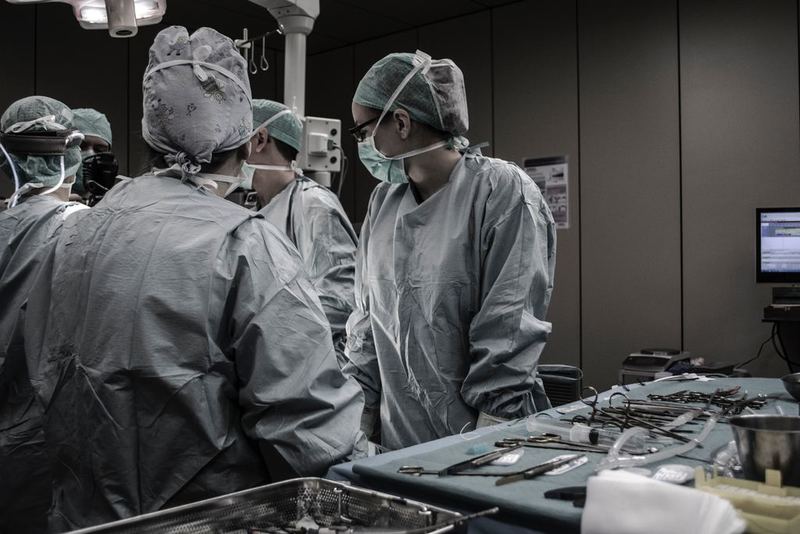
A new global investigation has found that unsafe medical devices have been implanted in patients and have already caused great harm to many.
The investigation was carried out by the International Consortium of Investigative Journalists (ICIJ) in coordination with the British Medical Journal and various media outlets including the Guardian newspaper and BBC Panorama.

Discover B2B Marketing That Performs
Combine business intelligence and editorial excellence to reach engaged professionals across 36 leading media platforms.
The probe found that pacemakers, artificial knees, hips and rods to support the spinal cord are among the faulty devices, which have been implanted in patients.
Such unsafe medical devices have resulted in injuries and deaths and several patients had to undergo follow-up surgeries.
The investigation also found that some of the unsafe medical devices did not complete patient trials before their commercial launch.
It added that some of the pacemakers were implanted when the manufacturers were aware of the problems, while some devices were approved on the basis of a regulatory nod secured in other countries.

US Tariffs are shifting - will you react or anticipate?
Don’t let policy changes catch you off guard. Stay proactive with real-time data and expert analysis.
By GlobalDataPoor regulations across countries, lenient testing standards and lack of clarity allowed these faulty medical devices to reach the market.
The Guardian reported that in the UK alone, the regulators received 62,000 ‘adverse incident’ reports associated with medical devices between 2015 and 2018. About 1,004 of such cases even resulted in the death of patients.
In the US, the Food and Drug Administration (FDA) has been notified of 5.4 million ‘adverse events’ over the last ten years. Faulty devices were linked to about 1.7 million injuries and 83,000 deaths.
Company responses
Zimmer Biomet is just one of the big medical device companies named in the investigation. The company have previously had to discontinue sales of a metal-on-metal hip which was to flesh-rotting metallosis.
Zimmer Biomet has released the following statement: “The safety of patients has always been, and continues to be, Zimmer Biomet’s top priority and it is our honour to be a leader in this industry for the past 90 years.
“We adhere to strict regulatory standard, and work closely with the FDA and all applicable regulatory agencies in each of our regions as part of our commitment to operating a first-rate quality management system across our global manufacturing network.
“Zimmer Biomet is focused on staying at the forefront of innovation and doing right by the millions of patients who rely on our products. We are proud of the work we do to improve the lives of people around the world every single day.”
Abbott has also come under scrutiny for its Nanostim pacemaker, the first leadless pacemaker to sit inside the heart, which has received complaints about a number of battery failures and parts of the device falling off inside patients.
The company released the following statement: “In accordance with the European CE Mark approval process, the Nanostim leadless pacing system was approved based on strong performance and safety data.
“In addition, upon CE Mark approval Nanostim was further assessed through a European post-market clinical follow-up study.”
Johnson & Johnson (J&J) is another one of the big medical device companies to be named in the investigation. Earlier this year, J&J agreed to work with the Indian government to offer compensation to patients who were affected by faulty hip implants.
Comments from the industry
Royal College of Surgeons president Prof Derek Alderson was quoted by the Guardian as saying: “In contrast to drugs, many surgical innovations are introduced without clinical trial data or centrally held evidence. This is a risk to patient safety and public confidence.”
Calling for ‘drastic regulatory changes’, he emphasised the need for mandatory registration of all implantable devices.
In addition, medical device industry representative MedTech Europe has also responded to the unsafe medical devices findings and has been quoted by the BBC as responding: “Millions of people have safely benefited from medical devices and can now live healthier, more productive and more independent lives.
“Life is unimaginable today without the hundreds of thousands of medical devices in our hospitals and in our homes.”





